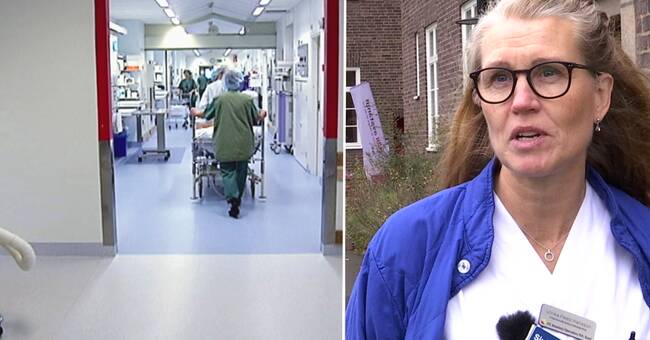So far this year, 22 people in Skåne have chosen to donate their organs after their death.
It has contributed to life-changing changes for more than about 70 patients.
But soon even more organs can be utilized.
SUS in Malmö and the Central Hospital in Kristianstad, together with eight other Swedish hospitals, have participated in a national pilot study.
DCD has been applied there, which means that donated organs can be taken from patients when the heart has stopped beating.
Previously, only patients who were diagnosed with brain death, but with a beating heart, could donate their organs.
The participation of the Scanian hospitals has contributed to four patients being offered a new kidney so far this year.
- It has been an established form of donation in Europe and now Sweden is well matured for it after we did a pilot study and saw that it works with current laws, says Ulrika Peetz Hansson, regional donation nurse.
Expected short queue list
The pilot study was completed in March this year and the Swedish Tissue Council has since announced that there are no obstacles to continuing to use DCD.
Preparations are now underway for the new way of working at other hospitals in the region.
From the turn of the year, SUS in Lund and Helsingborg's hospital will also work in this way.
- This means that in intensive care we will be able to accommodate more people's willingness to donate after their death, says Ulrika Peetz Hansson.
This will mean that we get another two to four donors a year at Helsingborg's hospital.
Today we have about four to eight donors a year, so it makes a difference on the waiting list.
At the regional level, it is believed that this could mean 15-25 new donors per year.
In the first stage, the change only applies to the kidneys, which is the most common donor organ, but Ulrika Peetz Hansson believes that it will be extended to apply to more organs in the future.
- If you look internationally, the queues have dropped, we hope of course for the same result in Sweden.

